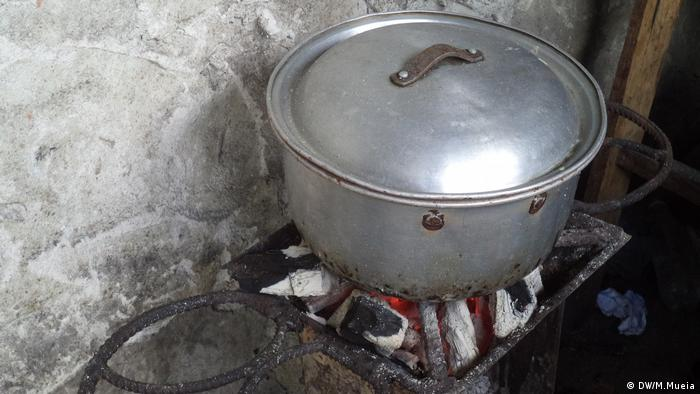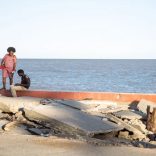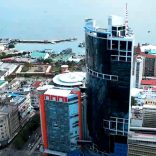Behind the partnership: How co-financing is driving a resilient recovery in Mozambique
Families in Maputo switch to charcoal, as cooking gas prices bite

FILE - Illustrative photo. [File photo: DW]
The new fuel prices came into effect throughout Mozambique on Tuesday, leaving drivers pondering mothballing their vehicles and families switching from cooking gas to charcoal.
These are difficult days in Mozambique, with the generalised price rise in essential products choking families. It’s not only food which has become more expensive; fuel has entered the equation too. For example, according to the new price list, cooking gas went up from 880 meticais a bottle to 940 meticais – a 60 meticais rise.
For those who depended on gas to cook, the new price is squeezing budgets even tighter, and they are forced to look at them anew. Our team visited families in Bairro Maxaquene C who use gas for cooking. Laura Fenias, for example, told our reporters that she used charcoal for a long time to cook food and prepare meals for her five children. At her house, the gas cooker had always been used with a certain reservation, and only to prepare light meals.
The elderly lady, who sells household items to support her family, told ‘O País’ that it was not easy to manage the accounts, because the cost of living in Maputo is increasingly expensive, especially for those who live on the proceeds of small businesses.
“It’s not easy! We make a great effort to guarantee at least one meal a day (…) I have even put away the gas stove. Now I depend on charcoal, but, because charcoal is expensive, I also use coconut shells, because if I were to depend only on charcoal, I wouldn’t be able to cook anything,” Laura says.
“Even within our difficulties, we never sleep without having one meal. We do everything to ensure food on the table, but it hasn’t been easy. It’s all so expensive. But there is no alternative. We have to find ways to survive – after all, we are survivors.”
Penina Domingos, another head of household who agreed to speak to ‘O País’, told us she has been trying for weeks to save enough money to buy cooking gas, but the mission has proved to be complicated. So much so that, with no solution in sight, Penina has been cooking with charcoal, and, there being little hope of better days any time soon, she had lent her empty gas cylinder to a neighbour.
This is a reflection of the difficult days for families in Maputo city. Faced with this scenario of rising prices, some families see austerity as the only way to survive.
“The solution now is to save, because things are very tight,” Suzana Manjate says. “In order to make the cooking gas last longer, I use charcoal for cooking food such as beans, and to heat water for bathing. If I didn’t do that, it would be impossible to make one gas cylinder last the whole month.”
Difficult days for drivers
Motorists are also lamenting the rise in fuel prices. Words like “suffering” and “difficult” were common when we asked about the new prices. “I’m tired of complaining. We’ve complained for a long time, but nothing changes, in fact, things only get worse,” said one driver, who declined to be identified.
Elsewhere, we found another driver who explained that he could previously buy 13 litres of gasoline for 1,000 meticais, but could now only purchase 12, which, he said, threw his calculations off completely.
“It’s the real country, it’s the real world we live in. What can we do? We can only put up with it – there’s nothing else we can do,” Milton said.
It is a thought echoed by Ismael Abdul, who foresees a dark future in all directions.
“The lives of Mozambicans are increasingly complicated. The prices of cooking gas, of gasoline, of bread have all gone up. Everything gets more expensive, but salaries don’t keep pace,” he complained. He would have to get used to the new reality. “I will continue to spend the same amount of money, but the fuel will be less. Now I will have to fill up two or three times a week, and my budget will not stand it,” he concluded.
Between March 17th and May 23rd, the price of gasoline increased by around 14.26 meticais, that is, from 69.04 to 83.30 meticais. Diesel also rose by 17.26 meticais, from 61.71 to 78.97 meticais per litre.
By Inalcídio Uamusse











Leave a Reply
Be the First to Comment!
You must be logged in to post a comment.
You must be logged in to post a comment.